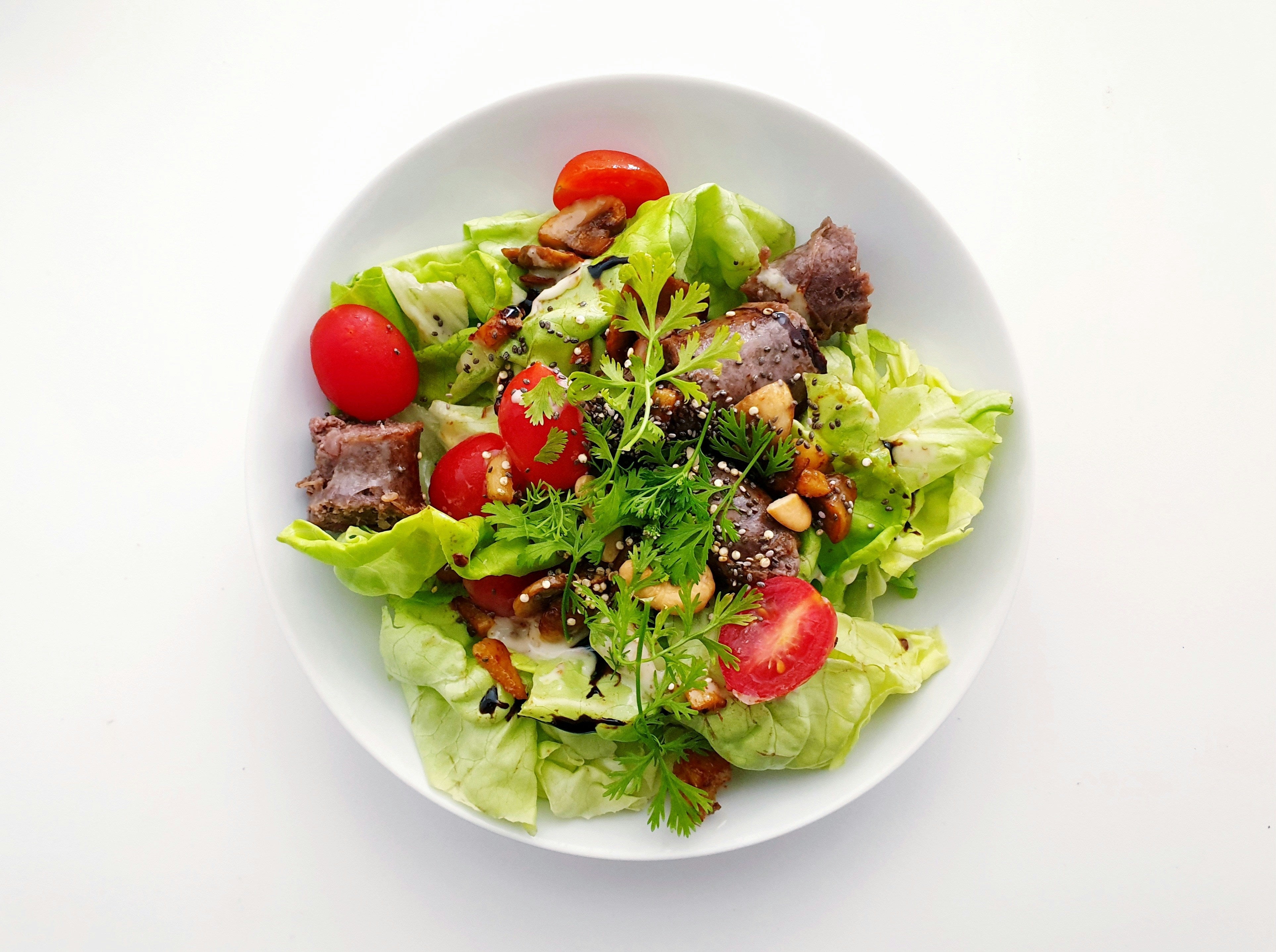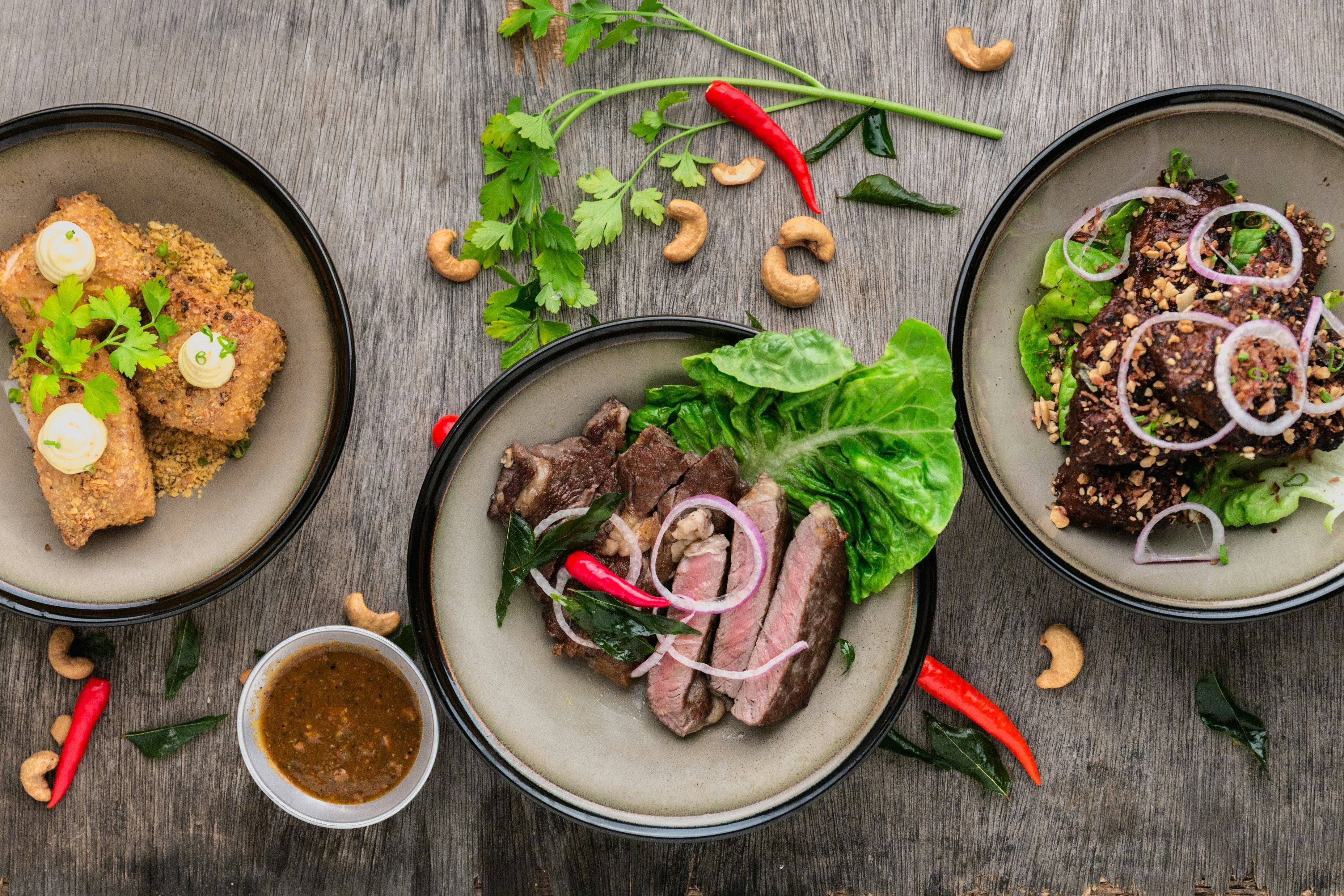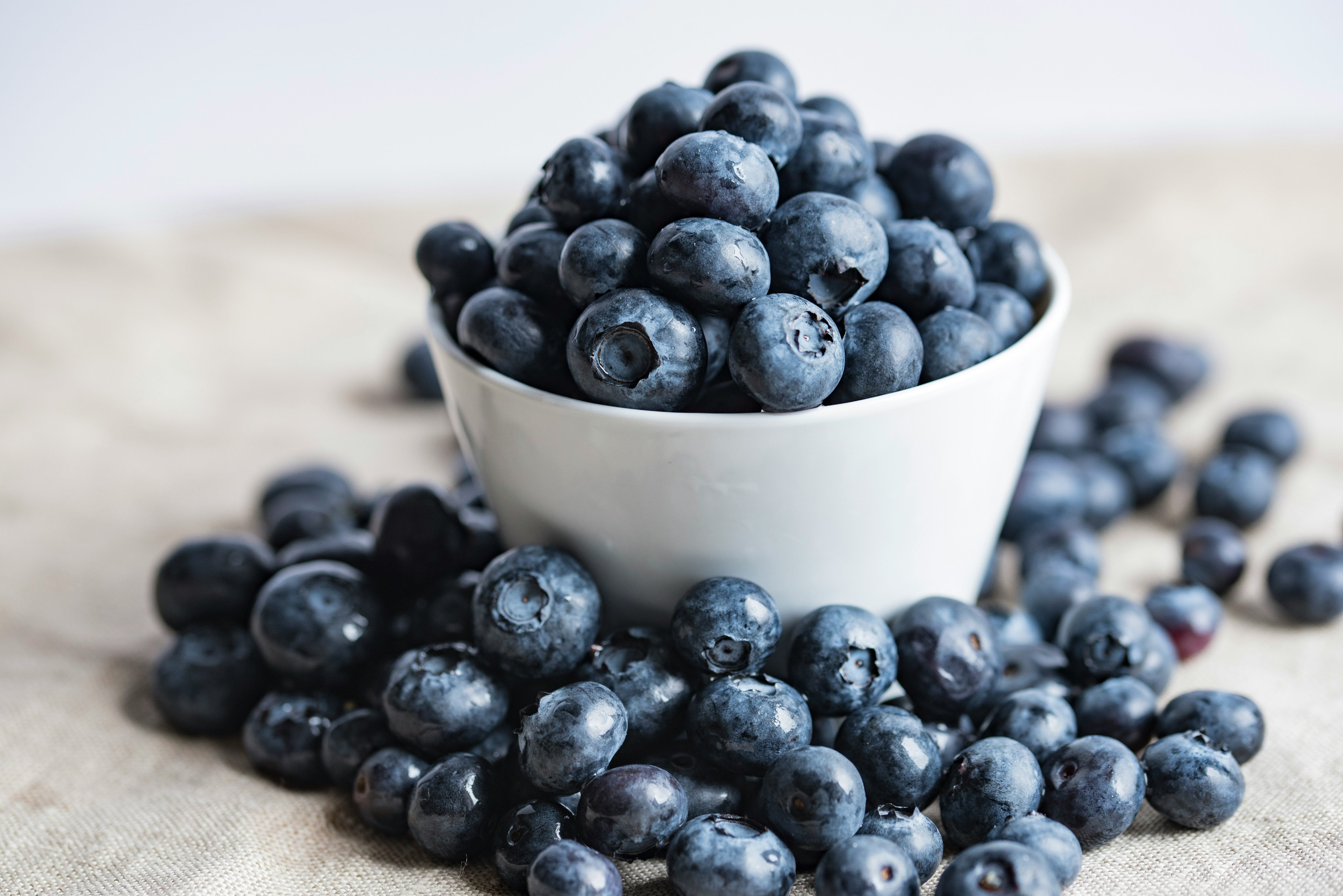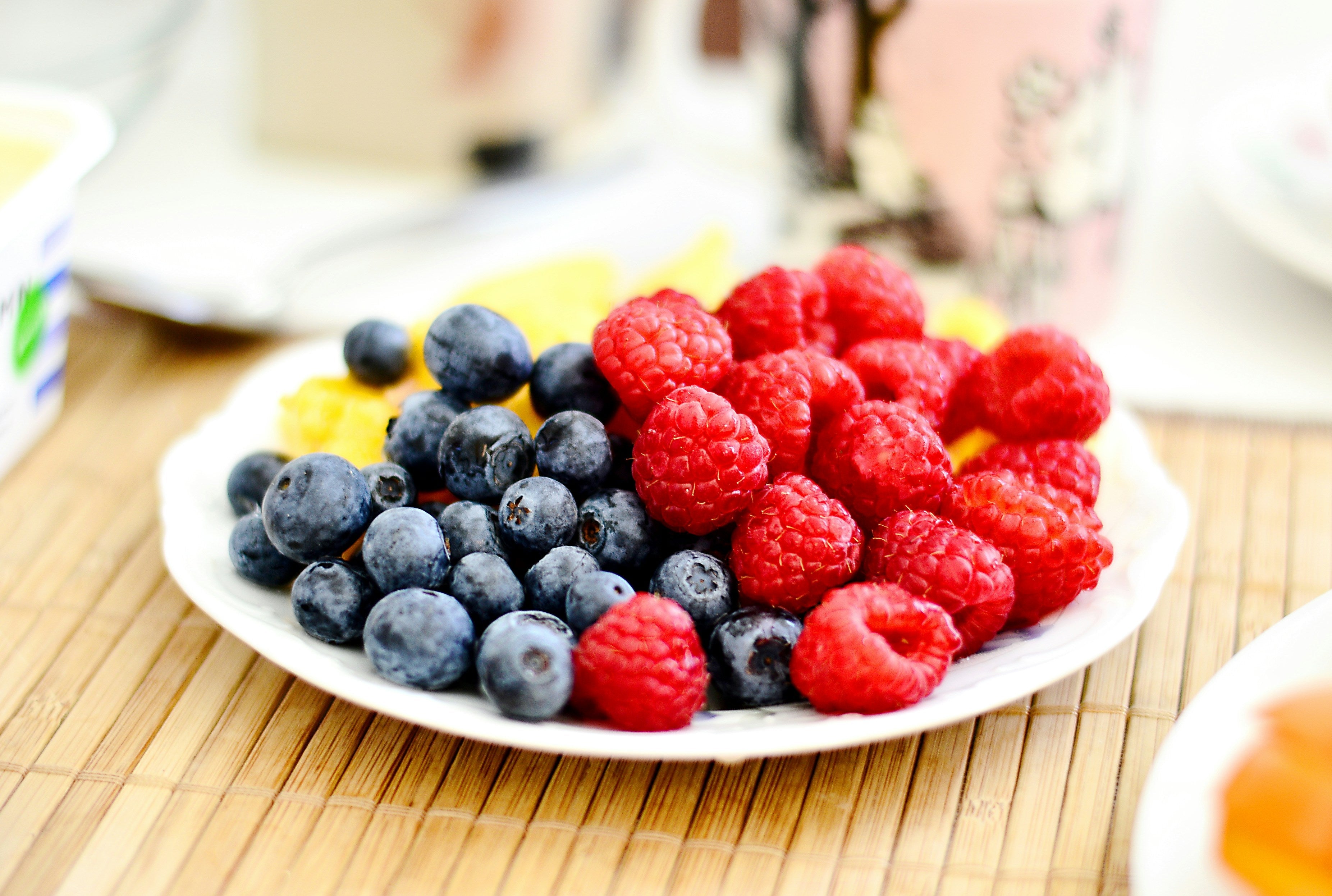
Does Eating Salad Help You Lose Weight? Healthy Salad Recipes for Weight Loss
You’ve probably encountered plenty of weight loss misconceptions, be it the myth of spot reduction (you simply cannot target weight loss in a specific body area) or that carbs and fats are enemies....

Best Foods for Gut Health and Weight Loss
Trying to lose weight when your gut health is out of whack is an uphill battle. Healthy, sustainable weight management starts with optimizing your gut. After all, so much of human health is linked ...

Swimming to Lose Weight: Is Swimming Good for Weight Loss?
Part of what makes losing weight so challenging is the monotony of constantly hitting the treadmill - boring! Or, maybe you’re struggling with the toll constantly running takes on your knees, hips,...

Are Blueberries Good For You to Lose Weight?
Whether you’re just starting your weight loss journey or looking for ways to lose those final few pounds and reach your goals, there is an endless array of things to try. While weight loss drugs a...

Akkermansia Foods: What Foods Contain Akkermansia?
Whether you’re just trying to improve gut health for better digestion and overall health or you’re hoping to set yourself up for a smooth weight loss journey, Akkermansia muciniphila is going to be...

Does Hot Yoga Help You Lose Weight? Overview of Hot Yoga for Weight Loss
Yoga is one of the most versatile forms of exercise and self-care. It can help you find your inner zen and let the stress of life melt away, it can improve strength and flexibility, and in some cas...

How resB Lung Support transformed my lung health: a Registered Dietitian's personal journey
As a Registered Dietitian and nutrition journalist for more than 15 years, I have educated, counseled, and supported people on how to create the healthiest versions of themselves. My career is my p...

How to lose weight in your neck: Tips to get rid of neck fat fast
There are few things as unsightly as a double (or triple) chin, a saggy turkey neck, or rolls on the back of your neck. It can take a serious toll on your self-confidence, but it doesn’t have to be...

How to lose weight after a hysterectomy: Complete guide to weight loss after a hysterectomy
Whether you got one out of necessity as a cancer treatment or because you thought it would make life more comfortable with age, a hysterectomy can take a serious toll on you. Common side effects in...
These are expert opinions on lifestyle from professionals who are board-certified physicians, registered dieticians, or healthcare professionals. This content does not represent any medical advice for prevention or treatment of any medical diseases.